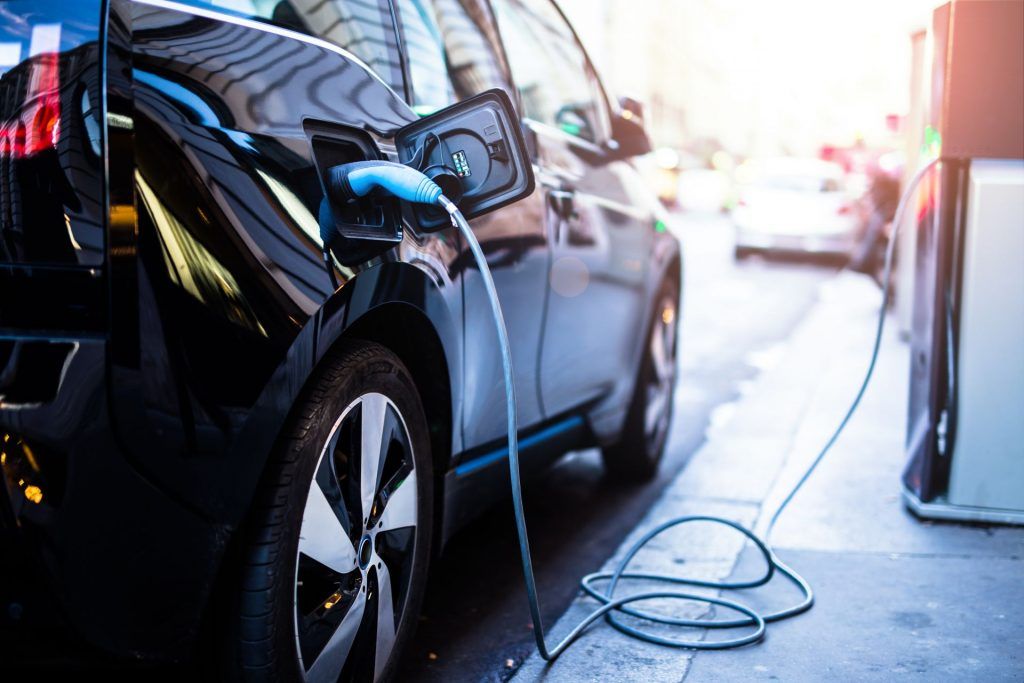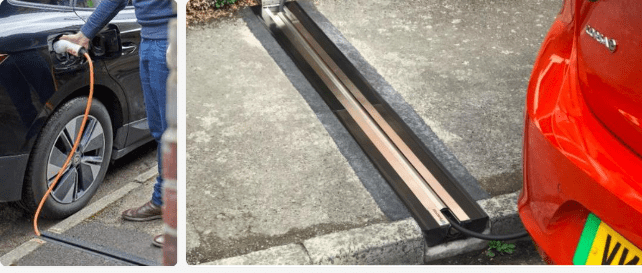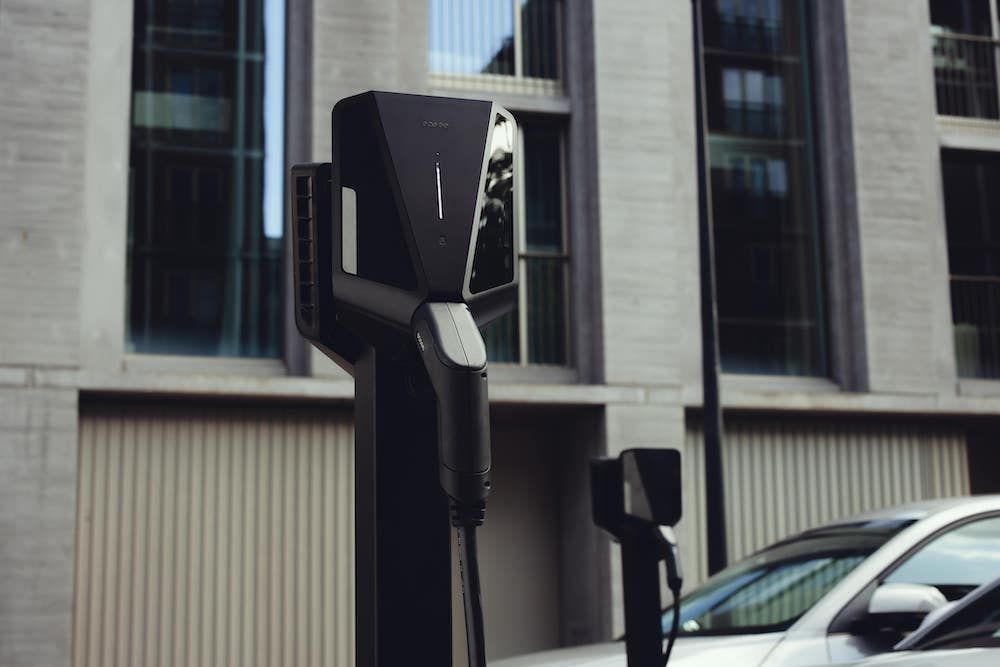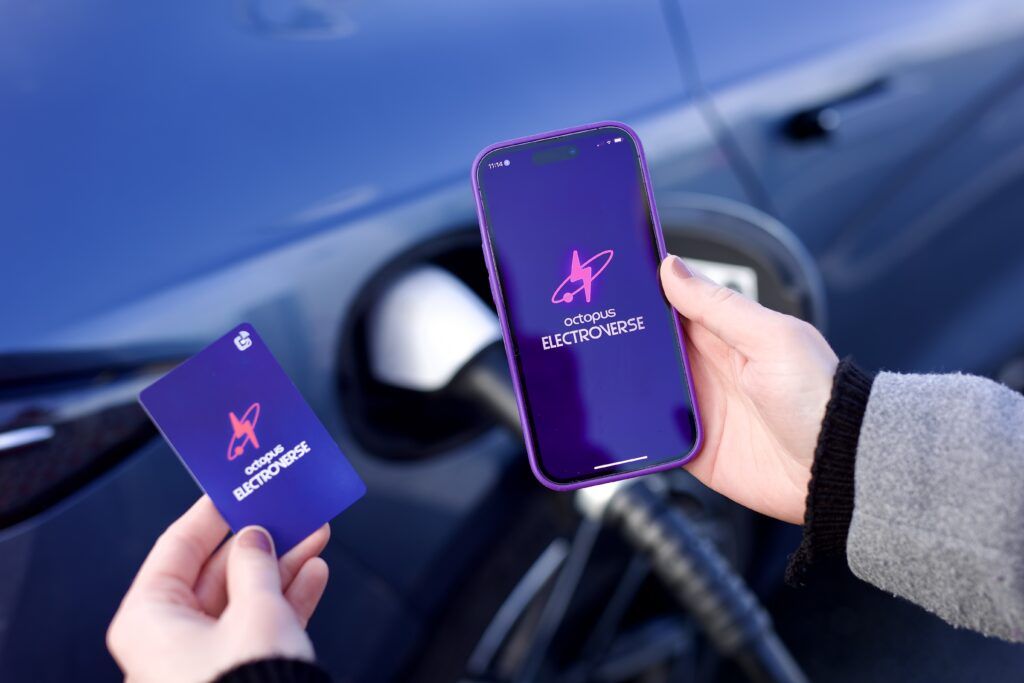The UK’s electric vehicle (EV) charge point market is set to grow by almost 30% despite the impact of the coronavirus pandemic, according to research carried out by Delta-EE.
The specialist new energy market research consultancy, has released its UK electric vehicle (EV) charger forecast, which shows the market is set for 29% year-on-year growth in charge point sales through to 2030, despite COVID-19’s impact on new vehicle sales.
John Murray, head of EVs at Delta-EE, said: “We expect a significant drop in new vehicle sales in 2020 due to COVID-19 – as much as a 30% reduction. But we believe charge point installations will continue to grow across all segments, backed by renewed government funding. As we know, availability of charge points is one of the key barriers to widespread EV adoption. We’re all eager to see the transition to electric happen as quickly as possible, but if more emphasis is put on the infrastructure behind it, we could see an accelerated EV uptake in line with the government’s vision.”
Yet the research reveals the share of charge points installed in public locations versus home and workplaces will stay relatively level, with rapid chargers still only accounting for less than 2% of on-street chargers by 2030. Rapid chargers in destination locations such as shopping malls and hotels, will move from a market share of 18% of destination chargers today to 6% in 2030 due to an expected growth in the number of slower chargers being rolled out.
Murray added: “BP recently revealed through research in France, Germany, Spain and the UK that the availability of charge points was second only to price as the most significant barrier to EV adoption. They also stated ultra-fast charging will be key to EV uptake with the public. The private and public sectors will need to collaborate on and implement policy that is necessary to make this a reality.”
In addition, the research sheds light on the dynamics of the UK’s burgeoning EV charging market. By 2030, the majority of charge points will still be installed at home – 71%. However, this will have decreased by 5% over the decade as an increasing number of EV owners will not have access to off-street parking. Delta-EE expects the biggest growth in workplace charging (7% growth) by 2030, as it acts as a substitute for home charging.
“While workplace charging currently looks set for the biggest growth, COVID-19 may also have a lasting impact on working practices and mobility habits. The reality is that for people with EVs, and no access to off-street parking, they will need to charge their vehicles somehow, and workplace charging will still play a very important role in this. We’ll be keeping a close eye on how this will impact the makeup of the charging landscape in the next few years,” concludes Murray.














